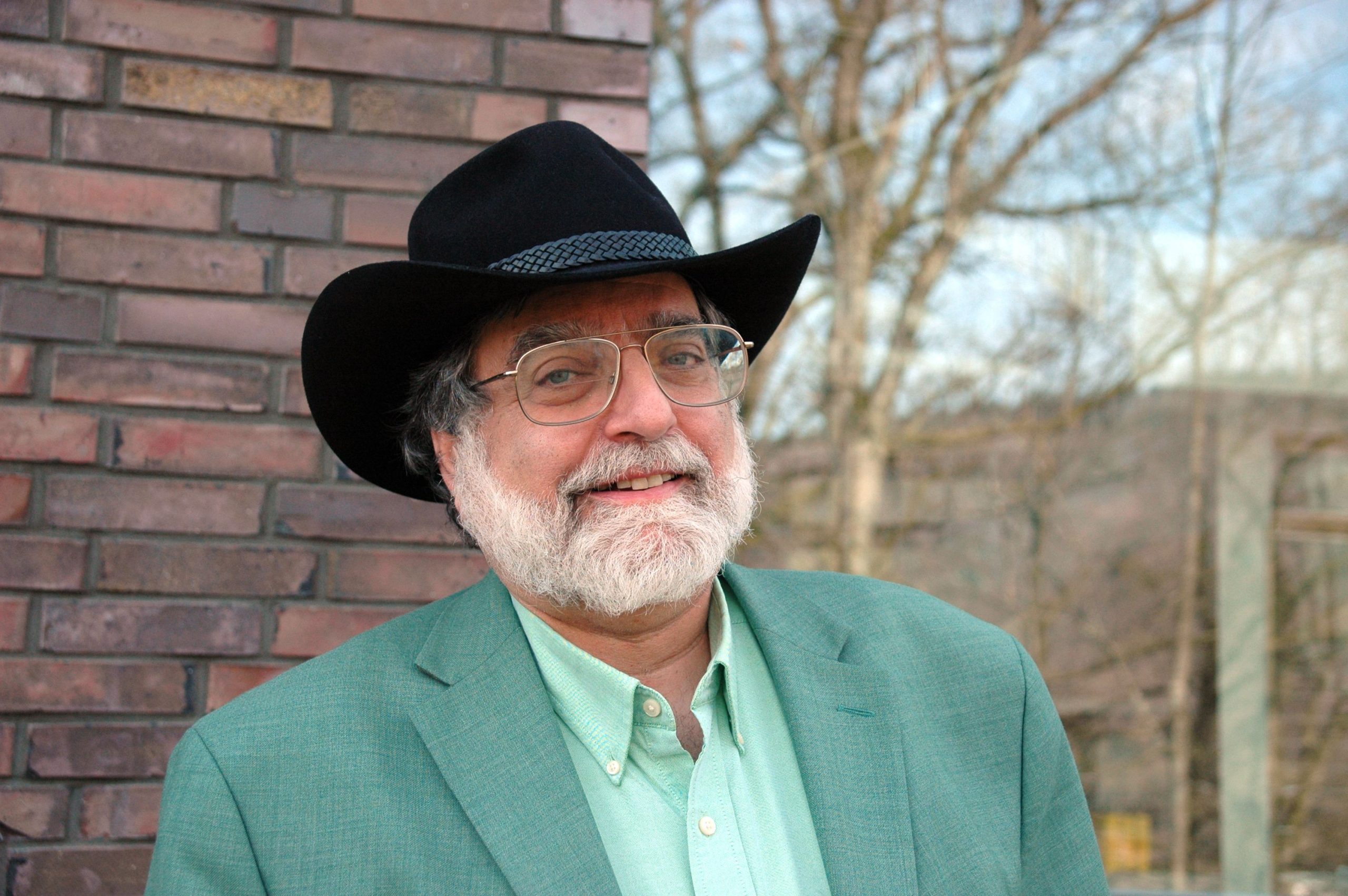“Journalist in Residence”: Larry Krumenaker at HITS

The North American science writer Larry Krumenaker is the 2015 “Journalist in Residence” at the Heidelberg Institute for Theoretical Studies (HITS). This program offers science journalists a stay of up to 6 months at the institute which has a focus on data-driven research in areas ranging from astrophysics to cell biology. The next call for proposals for the 2016 “Journalist in Residence” will be announced in June.
Larry Krumenaker, a U.S. science writer based in Atlanta, Georgia, is the fourth “Journalist in Residence” at the Heidelberg Institute for Theoretical Studies (HITS). A jury consisting of science journalists and scientists from universities, Max Planck Institutes and HITS chose Krumenaker.
Larry Krumenaker studied Astronomy at Case Western Reserve University and received his doctorate in Science Education from the University of Georgia. He also holds a degree in Planetarium Education. Larry Krumenaker has been working in the area of science writing for more than 25 years. He is especially interested in the teaching of scientific content in astronomy and astrophysics via the media to educators and the general public. He is editor of “The Classroom Astronomer”, a practitioner journal for classroom teachers of astronomy. He also edits the “Journal and Review of Astronomy Education and Outreach“, a scholarly publication of Research, News and Commentary. Moreover, he has worked in television and radio news as well as for U.S. and international print media, also including the German magazines and papers “Die Zeit”, the “Frankfurter Allgemeine Sonntagszeitung”, “Stern”, “Focus”, and “Hamburger Abendblatt.”
Larry Krumenaker wants to use his stay to learn more about “Big Data” in science and its impact on society. He plans to write e-books about this topic and some content areas. As Heidelberg is said to be the German city with the highest percentage of astronomers, Larry Krumenaker is looking forward to the opportunity to exchange views not only with the HITS astro-groups, but also with other scientists in Heidelberg. He will stay at HITS until August 2015.
Since 2012, the “Journalist in Residence” program offers experienced journalists with a focus on science journalism the opportunity to spend a three-month to six-month paid stay at HITS. In this time, journalists can interact with HITS scientists, implement their own projects and participate in internal colloquia and research seminars.
The renowned German science journalist Volker Stollorz was the first “Journalist in Residence” at HITS in 2012. Stollorz works for the Frankfurter Allgemeine Sonntagszeitung, a weekly high-profile national newspaper in Germany, among others. In 2013, the German freelance TV journalist Pia Grzesiak made intensive use of her stay to look behind the “mountains of data” at HITS. In 2014, the Barcelona-based, award-winning science journalist Michele Catanzaro used his time at the institute to gain a deeper insight into the German scientific landscape and make contacts with many German journalists.
In June, the call for proposals for the “Journalist in Residence” 2016 will be announced internationally. More information on the program can be found here.
Press Contact:
Dr. Peter Saueressig
Head of Communications
Heidelberg Institute for Theoretical Studies (HITS)
Phone: +49-6221-533245
peter.saueressig@h-its.org
About HITS
HITS, the Heidelberg Institute for Theoretical Studies, was established in 2010 by physicist and SAP co-founder Klaus Tschira (1940-2015) and the Klaus Tschira Foundation as a private, non-profit research institute. HITS conducts basic research in the natural, mathematical, and computer sciences. Major research directions include complex simulations across scales, making sense of data, and enabling science via computational research. Application areas range from molecular biology to astrophysics. An essential characteristic of the Institute is interdisciplinarity, implemented in numerous cross-group and cross-disciplinary projects. The base funding of HITS is provided by the Klaus Tschira Foundation.